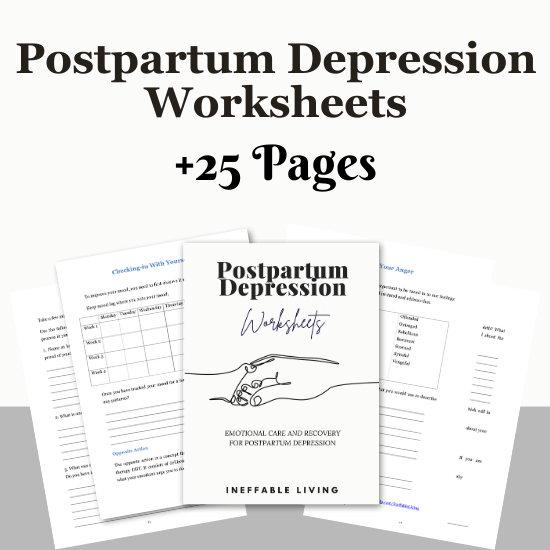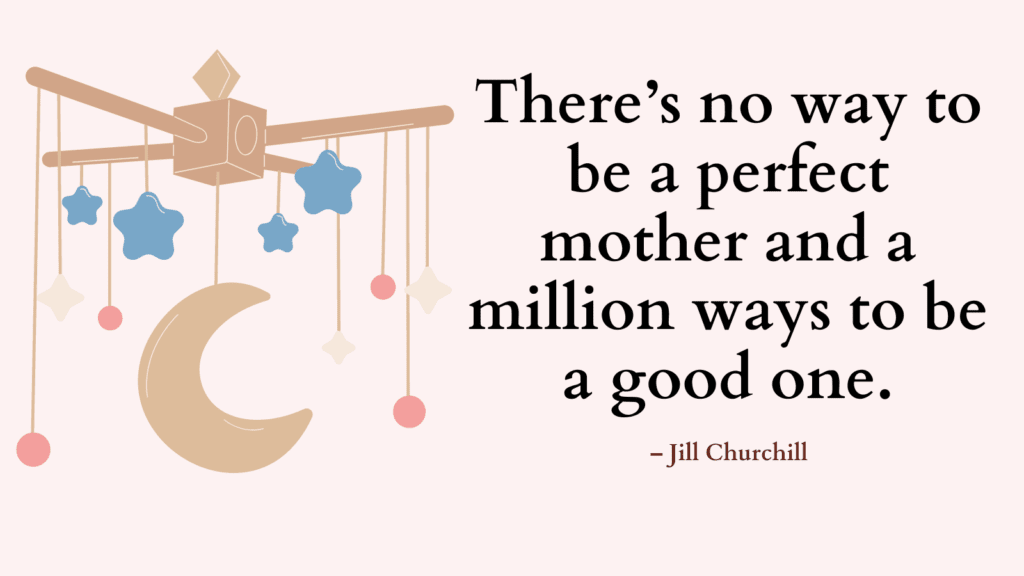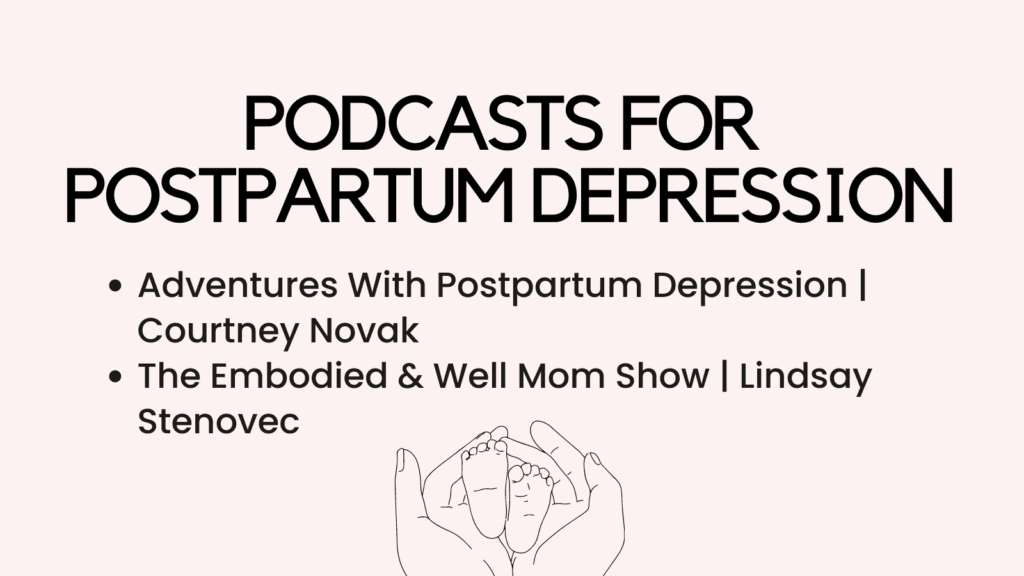Caring for a newborn is demanding, unpredictable, and all-consuming — but your well-being matters just as much as your baby’s. Postpartum self-care isn’t about luxury or perfection. It’s about tending to your basic needs, protecting your emotional health, and making space for small moments of rest, nourishment, and connection. This daily checklist offers gentle reminders to support your recovery and resilience as a new mom.
What Causes Postpartum Exhaustion?
Postpartum fatigue goes far beyond regular tiredness. It’s rooted in real, measurable changes that take a toll on your body and mind:
- Blood loss during delivery reduces energy and slows physical recovery.
- Hormonal crashes—especially the sharp drop in estrogen and progesterone—can leave you feeling drained and foggy.
- Interrupted sleep from feeding and diaper changes disrupts your body’s natural rhythm.
- Healing from birth trauma (vaginal tearing, C-section recovery, etc.) uses up your body’s energy reserves.
- Newborn care demands mean your body is constantly in “on” mode, even when you’re still healing.
Without intentional self-care, these factors compound quickly and can lead to physical and emotional burnout.
Symptoms That Signal You’re Overdue for Self-Care
When basic emotional or physical needs go unmet, your body and brain start sounding the alarm. Watch out for:
- Irritability or snapping at loved ones without knowing why
- Crying more often or feeling emotionally “flat”
- Feeling disconnected from your baby or uninterested in bonding
- Difficulty focusing or making simple decisions
- Trouble sleeping even when the baby is asleep
These symptoms aren’t signs of weakness—they’re signs you need rest, care, and support.
12 Daily Postpartum Self-Care Checklist for New Moms
1. Eat at Least One Nourishing Meal
Even if it’s simple, aim for a meal with protein, fiber, and hydration to keep your energy stable.
2. Drink Water Regularly
Keep a water bottle within reach, especially if you’re breastfeeding. Hydration supports healing, mood, and milk production.
3. Move Your Body (Gently)
Take a short walk, stretch, or just get up and change rooms. Movement helps circulation, mood, and physical recovery.
4. Rest When You Can
Even a 10- or 20-minute nap, or lying down with your eyes closed, can help recharge you when sleep is fragmented.
5. Take a Shower or Wash Your Face
Basic hygiene is a form of self-respect. It helps you feel more human, especially on emotionally rough days.
6. Do a Quick Emotional Check-In
Ask yourself: How am I feeling today? Name it — whether it’s tired, anxious, content, sad, numb, or grateful.
7. Let Someone Help You
Accept support — with meals, the baby, or household tasks. Asking for help is strength, not weakness.
8. Get Outside (Even Briefly)
Fresh air and natural light can reset your nervous system and boost your mood — even if it’s just standing on a balcony or porch.
Related: Postpartum Anxiety Quiz (+ 5 Tips On Overcoming PPA)
9. Say No Without Guilt
Protect your energy by declining what drains you. You’re allowed to pause plans, set limits, and prioritize recovery.
10. Do One Thing That’s Just for You
Listen to music, journal for 5 minutes, stretch, drink your coffee hot — anything that reminds you that you exist beyond motherhood.
11. Check in With a Supportive Voice
Text a friend, talk to your partner, or join a support group. Emotional connection can ground you when everything feels overwhelming.
12. Remind Yourself: You’re Doing Enough
This season is messy, beautiful, exhausting, and fleeting. You’re showing up in the best way you can — and that’s enough.
Related: Postpartum Depression Resources (Information, Podcasts, Books)

Conclusion
You don’t need to complete everything every day. This checklist is not a performance — it’s a gentle structure to help you meet yourself with care in the chaos. Small steps matter. You matter. One day, one breath, one need at a time.



